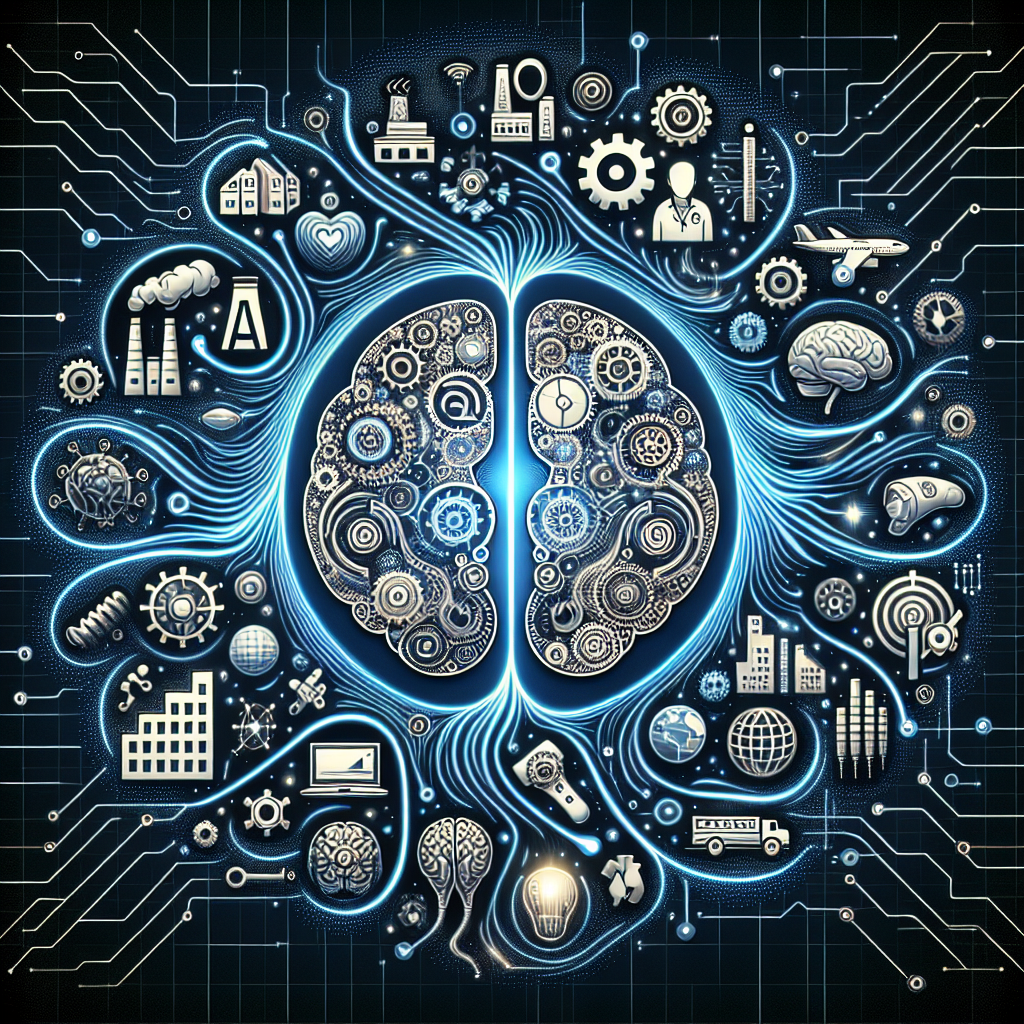Generative AI, also known as generative adversarial networks (GANs), is a cutting-edge technology that is revolutionizing industries across the board. This innovative form of artificial intelligence has the ability to create new data and content that is indistinguishable from human-generated material. In this article, we will explore how generative AI is transforming industries and demystify some of the key concepts behind this powerful technology.
One of the most exciting applications of generative AI is in the field of creative industries. From art and music to literature and design, generative AI is being used to create new and innovative content that pushes the boundaries of what is possible. For example, AI-generated artwork has been sold at top auction houses for hundreds of thousands of dollars, and AI-generated music is being used in commercials and films. This technology is enabling artists and creators to explore new possibilities and expand their creative horizons.
Generative AI is also having a significant impact on industries such as healthcare and finance. In healthcare, AI is being used to generate synthetic data for research and training purposes, as well as to simulate medical procedures and outcomes. This technology is helping to accelerate the pace of medical research and improve patient outcomes. In finance, generative AI is being used to generate realistic financial data for risk analysis and predictive modeling. This technology is enabling financial institutions to make more informed decisions and better manage their risks.
One of the key concepts behind generative AI is the idea of adversarial training. In a GAN, two neural networks – the generator and the discriminator – are pitted against each other in a game-like scenario. The generator creates new data, while the discriminator tries to distinguish between real and generated data. Through this process of competition and feedback, the generator improves its ability to create realistic content. This adversarial training is what enables generative AI to produce high-quality, human-like content.
Despite its many benefits, generative AI also raises important ethical and societal concerns. For example, there is the risk of misuse or abuse of AI-generated content, such as deepfakes or fake news. There are also concerns about bias and fairness in AI models, as well as the potential for AI to replace human workers in certain industries. It is important for policymakers, researchers, and industry leaders to address these issues and ensure that generative AI is used responsibly and ethically.
In conclusion, generative AI is a transformative technology that is reshaping industries and pushing the boundaries of what is possible. From creative industries to healthcare and finance, generative AI is revolutionizing the way we create, analyze, and understand data. By demystifying some of the key concepts behind this technology and addressing ethical concerns, we can harness the power of generative AI for the benefit of society as a whole.


Leave a Reply